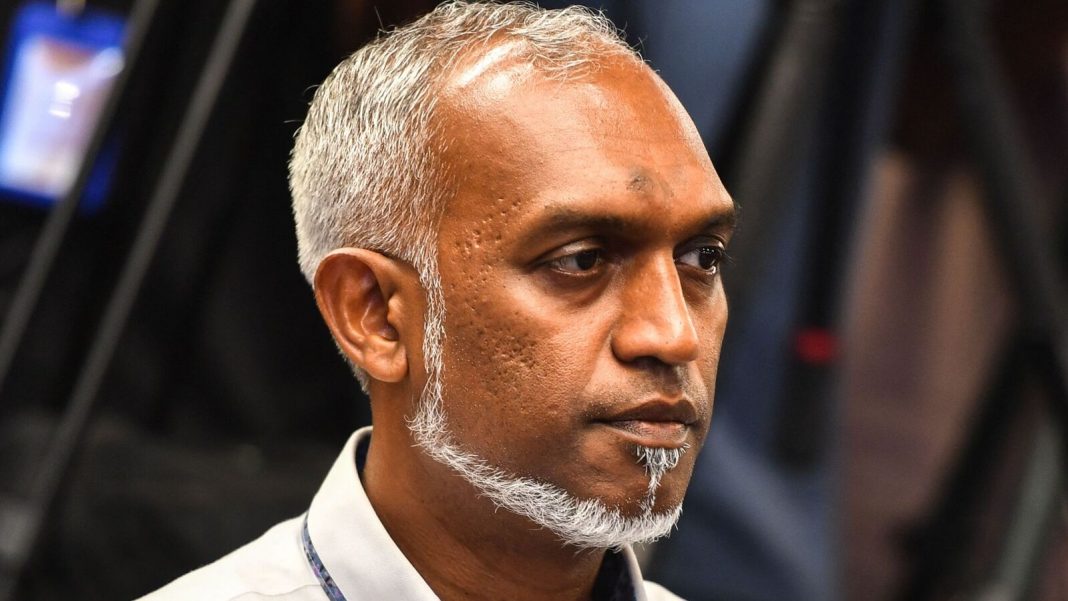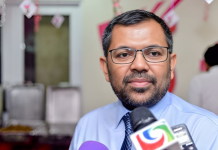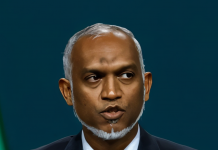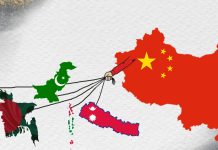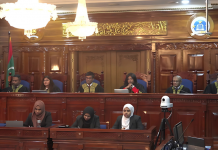In recent revelations from the President’s Office website, it has come to light that President Muizzu’s administration, which initially vowed to streamline the government structure, now boasts an excessive number of state ministers and deputy ministers, totaling over 258 individuals. This significant discrepancy raises concerns about transparency and accountability within the current government.
Previously, the President’s Office used to promptly publish information regarding political appointees, including their names, addresses, and respective ministries. However, this practice seems to have been discontinued, with recent appointments lacking such transparency. When pressed for clarification during press conferences, journalists have been met with vague responses, promising information at a later time.
95 state ministers
- Salary – MVR 47,000
- Monthly expenditure on salaries – MVR 4,465,000
- Annual expenditure on salaries – MVR 53,580,000
163 deputy ministers
- Salary – MVR 35,000
- Monthly expenditure on salaries – MVR 5,705,000
- Annual expenditure on salaries – MVR 68,460,000
The staggering number of political appointments includes 95 state ministers and 163 deputy ministers, with an annual expenditure on their salaries reaching millions of Maldivian Rufiyaa. Notably, there are an additional 23 appointees at ministerial rank, further contributing to the bloated bureaucracy.
Among these appointees are prominent figures such as the Vice Chancellors of Maldives National University (MNU) and Islamic University, both granted ministerial rank positions. However, pertinent details regarding their roles and responsibilities remain undisclosed.
Furthermore, the absence of updated information on the President’s Office website, coupled with the lack of transparency surrounding the salaries and benefits of certain high-ranking officials like Senior Political Directors and Political Directors, raises questions about the government’s commitment to accountability.
Despite President Muizzu’s initial pledge to cap political posts at 700, including administrative staff, it appears that the current number of political appointees has far exceeded this limit. While the opposition alleges this discrepancy, the government denies it, emphasizing the need for transparency to ascertain the truth.
The proliferation of political appointments under President Muizzu’s watch paints a concerning picture of a government weighted down by excessive bureaucracy.

